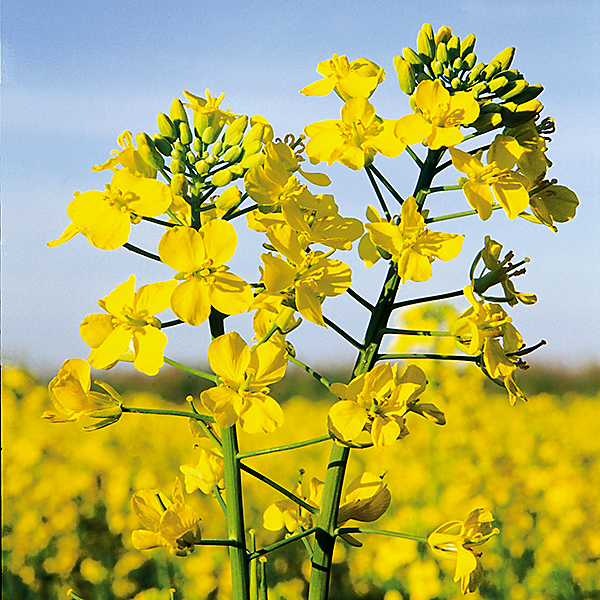Creating a comprehensive functional genomic map for plants
International consortium led by scientists from the Department of Ecology and Evolutionary Biology, University of Toronto and McGill University, Montreal
publish
An atlas of over 90,000 conserved noncoding sequences provides insight into crucifer regulatory regions
online June 30 in the journal Nature Genetics
* Co-lead authors. complete author contributions ** full author list

How much of plant genomes is functionally important and subject to natural selection? A major step forward in understanding this question lies in a genomic map produced by an international consortium led by scientists from the University of Toronto (Annabelle Haudry, Robert Williamson, Khaled Hazzouri, Stephen Wright, John Stinchcombe and Alan Moses).and McGill University published online June 30 in the journal
Nature Genetics.
The team has sequenced the genomes of several crucifers (a large plant family that includes a number of other food crops) and analyzed them along with previously published genomes to map more than 90,000 genomic regions that have been highly conserved, but that do not appear to encode proteins.
For a Review of this paper see U of T News Creating the first genomic map for plants
For the published paper in Nature Genetics see https://www.nature.com/articles/ng.2684
